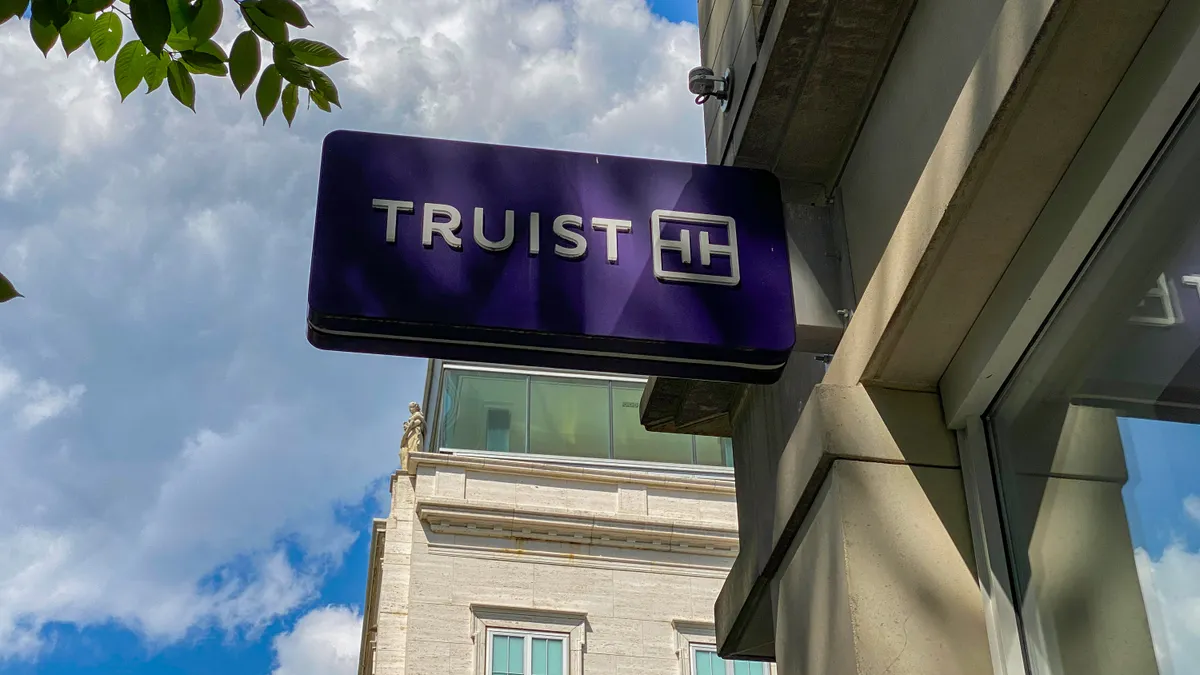UPDATE: Jan. 14, 2022: The Conference of State Bank Supervisors (CSBS) dropped its lawsuit against the Office of the Comptroller of the Currency (OCC) on Thursday, weeks after the fintech Figure Technologies adjusted its banking charter application to indicate it would seek deposit insurance from the FDIC.
“The federal banking laws are clear. Financial service companies, like Figure, that send and receive customers’ money or lend money, must obtain FDIC insurance in order to operate under a federal bank charter,” Margaret Liu, CSBS’s executive vice president, said Thursday in a press release. “State regulators are prepared to revisit this issue should the OCC take any future action to entertain a bank charter application from a company that will not be FDIC-insured.”
---------
Figure Technologies has updated its national bank charter application to include the intention to obtain deposit insurance, an amendment the fintech expects will end an ongoing lawsuit that is slowing its efforts to earn the charter from the Office of the Comptroller of the Currency (OCC), the company said.
The blockchain technology startup submitted its initial charter application to the OCC in November 2020, a move that spurred the Conference of State Bank Supervisors (CSBS) to sue to block the application's progress.
The crux of the lawsuit, which the CSBS filed against the OCC in December 2020, is related to Figure’s original attempt to gain a charter without seeking insurance from the Federal Deposit Insurance Corp. (FDIC). The CSBS argues that under the National Bank Act, the OCC lacks the authority to charter a full-service national bank without obtaining deposit insurance.
Ashley Harris, Figure Technologies’ general counsel, said the company decided to amend its application to include FDIC-insured deposits to save time.
"We still feel like the law would have come out on our side if it were to go through litigation, but we just don't want to continue to wait for that to happen," she said.
Harris said Figure filed the amended application with the OCC last week, and the company plans to file the remaining applications with the FDIC and Federal Reserve once it receives conditional approval from the OCC.
"We want to confirm that there is a real appetite at the OCC for approving the bank charter before we go down the path of applying to the FDIC and the Fed, which will be a large lift," Harris said.
In a May motion to dismiss the CSBS lawsuit, the OCC argued it has the authority to reasonably interpret the National Bank Act to determine that a national bank is not required to obtain deposit insurance to lawfully commence "the business of banking."
The OCC and the state regulators agreed to pause the lawsuit over the summer, amid Acting Comptroller Michael Hsu’s decision to review the actions made by his predecessor, Brian Brooks, regarding special-purpose national bank charters.
Hsu said last month the OCC had concluded its charter review, and said determinations and feedback to applicants would be communicated in the following weeks.
Securing deposit insurance from the FDIC means Figure will no longer have to partner with a third-party bank, and could accept its own deposits.
"I think there's clear authority for the OCC to charter a bank like Figure that doesn't take insured deposits, but unfortunately, the lawsuit is going to chill any potential applicants from seeking a charter," Harris said. "Even if the OCC also believes that they have authority to charter a bank like that, who's going to want to be tied up in years of litigation?"
Figure, which was founded by former SoFi CEO Mike Cagney in 2018, specializes in loan origination, equity management and payments using the Provenance blockchain network.
Cagney said in a press release last year that consolidating the firm's compliance efforts to align to one regulator would cut costs and allow it to market a wider set of consumer products nationwide.
With the new amendment, Harris said she’s confident Figure’s new application is straightforward and doesn’t anticipate any further legal actions from state regulators.
"We think we now have a pretty plain vanilla application," Harris said. "It's going to take retail deposits, the bank will engage in lending and it will leverage blockchain for a lot of things, so that's special. But what should happen as a result of submitting our application is that the litigation will end. The OCC will point CSBS to our application and say, 'They haven't even applied for an uninsured bank charter. They've changed it.'"
Several bank trade groups, including the American Bankers Association (ABA), the Independent Community Bankers of America and the Bank Policy Institute, echoed the CSBS’s opposition to Figure’s charter application.
In a joint letter issued in December 2020, the groups wrote "the precedent-shattering approach of granting a national bank charter to an institution that accepts only uninsured deposits would violate the Federal law, the consistently expressed intent of Congress, and public policy considerations essential to the functioning of the nation’s financial system."
The groups warned that approving a national bank charter for such an institution "would provide a new pathway to evade the comprehensive regulatory regime established by Congress for banks and their affiliates."
Banking Dive reached out to the OCC for comment.





















